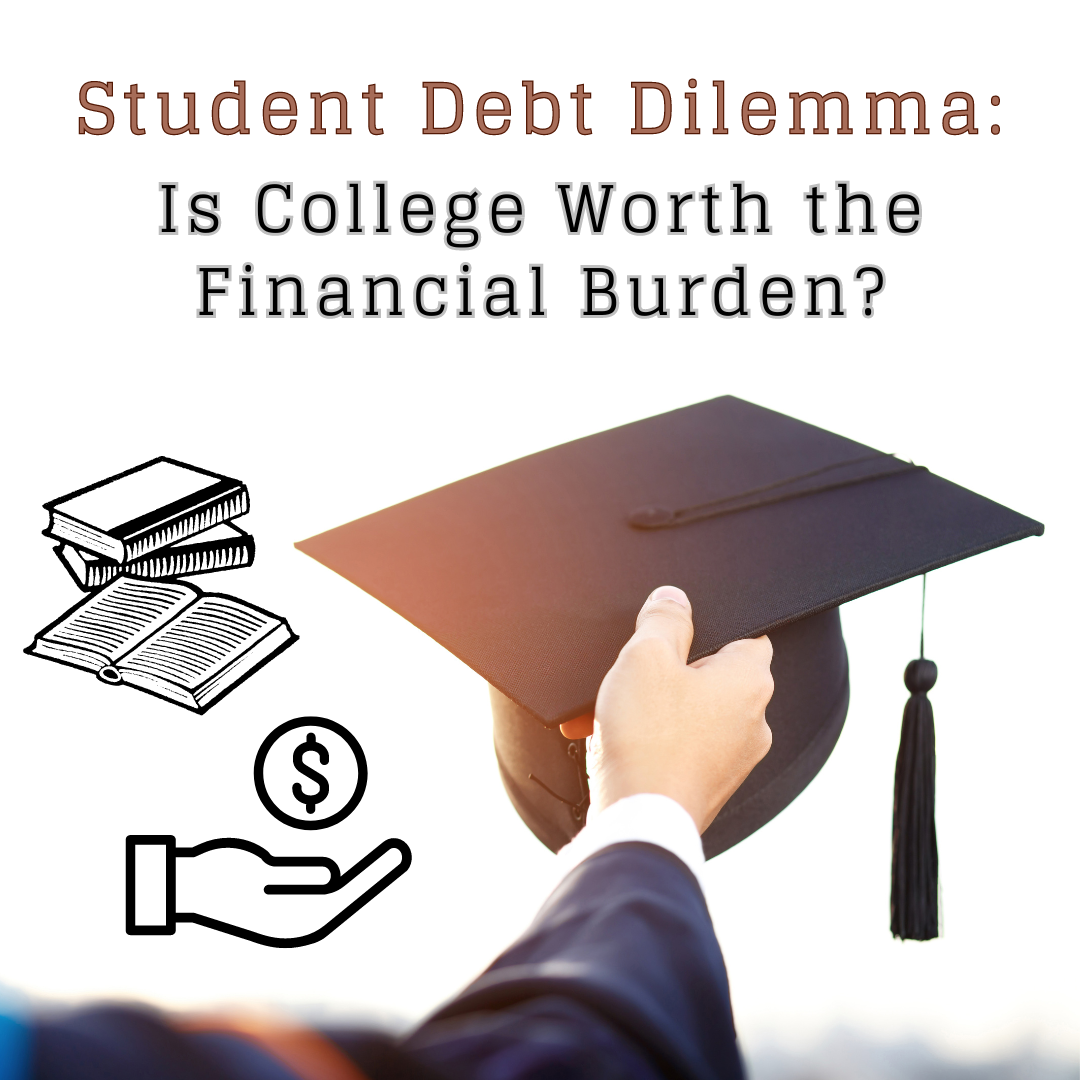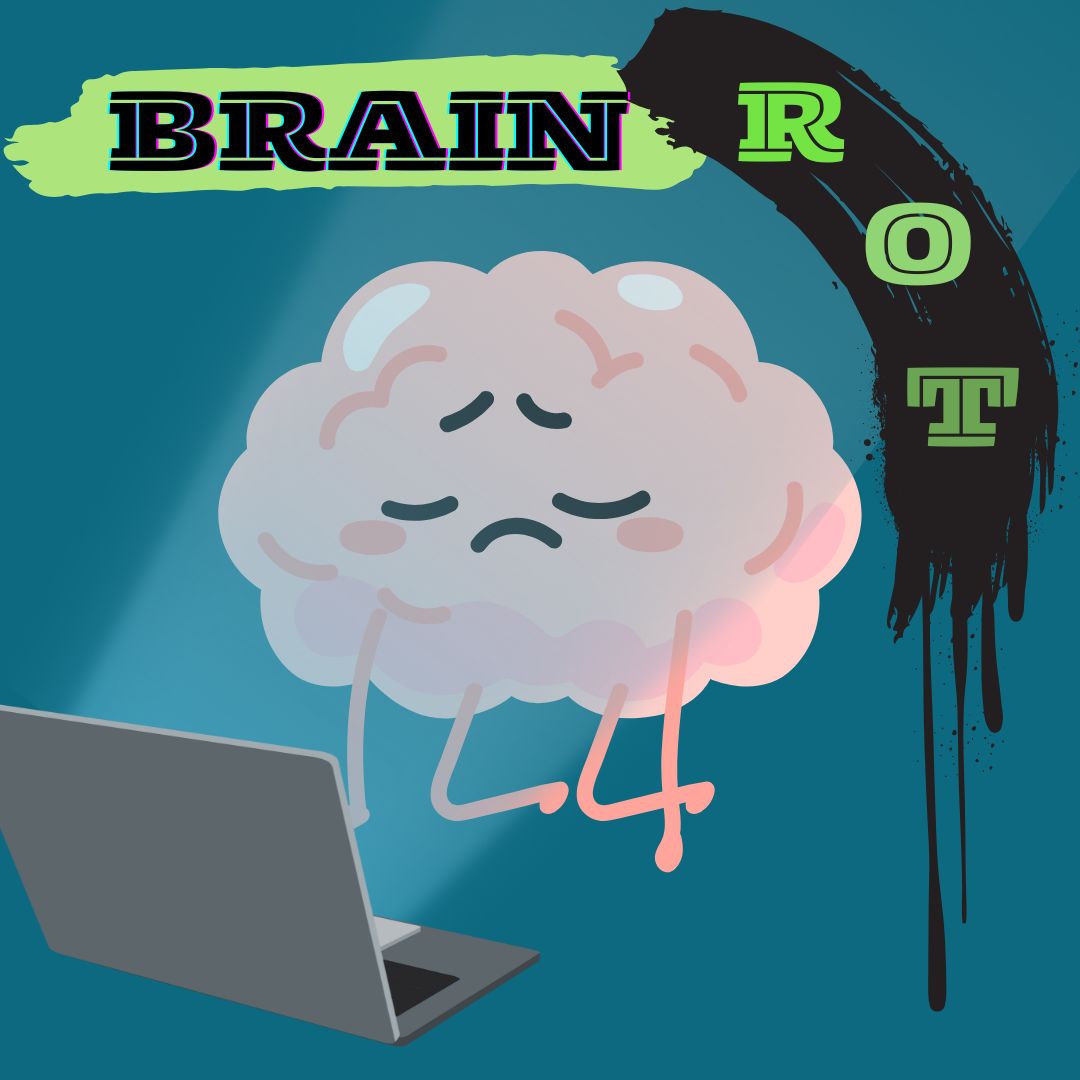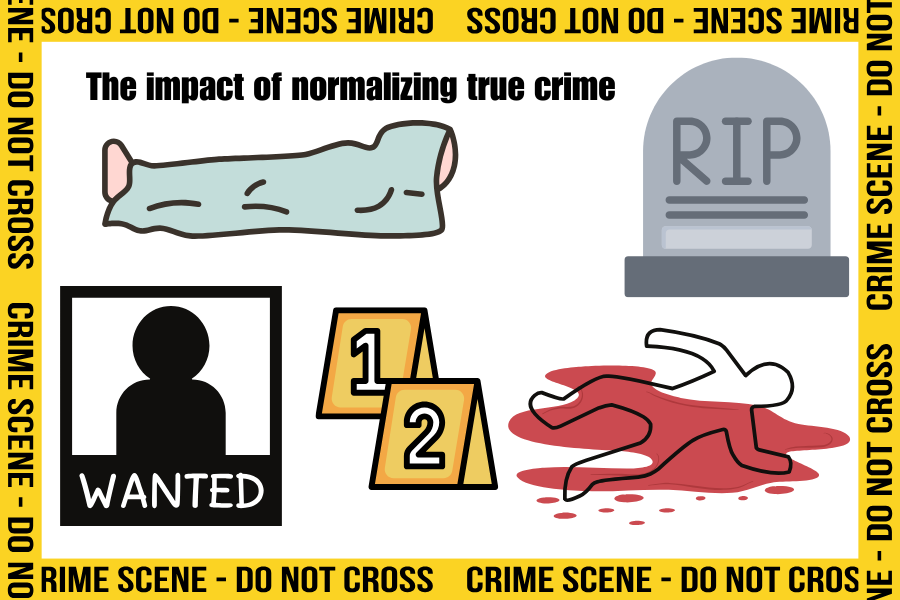
Historically, success on many levels has been found through the means of college education. Previously, families have pushed their children to achieve further education in the pursuit of better chances at future occupational success. However, in the last few decades, public outlook on the worth of college has seen an immense decline. The financial gamble that students take as they explore college is one that has been recently skewed to the economic failure of students who take on the costs of college. Conversely, the positive effects that college has on one’s life and the security that higher education brings are consistent. Although elevated prices and alternative options cause many to deviate from college, further academic achievement through the means of a college education is an advantageous investment that secures greater success for students.
The relationship between college institutions and students has changed over time. One must examine these changes in this relationship in order to weigh the worth of higher education against a high school diploma. According to a College Board analysis of the trends of college pricing, even after adjusting for inflation since 1992, the price has nearly increased twofold for four-year private colleges, and “more than doubled for public colleges.” This is notable as cost is a major factor in determining the worth of a college education. Additionally, there are many paths to reach a higher level of education: community college, 4-year public and private universities, and independent study are all different means of reaching occupational security.
These paths all offer different levels of financial risk as well as varying possible financial returns. Just as they have in the past, going to a college of any kind has significant lifelong impacts on individuals. Without having to go above and beyond, just securing a bachelor’s degree makes one “24 percent more likely to be employed, 3.5x less likely to be impoverished, and nearly 5x less likely to be imprisoned.” These metrics alone serve as a sound argument that one should choose to pursue higher education in almost every circumstance because of the benefits of gaining a degree. While these statistics are extremely influential, one must note how the difference in degrees affects the financial success of an individual after schooling. Professor at Temple University, Douglas Weber, explains college as a gamble, where students will either be in debt or find occupational success after investing in university. Strikingly, he examined that having a degree in a STEM field gives an individual a 3 in 4 chance to “win” the gamble with a $50,000 per year tuition, while degrees in arts or social sciences give students odds weighed well against them when also only paying an assumed $25,000 annually. (NYT, Tough) This further conveys how college can be used to the advantage of an individual, providing extensive economic turnout when used in mindful ways.
Critics of college education frequently present the claim that the availability of affordable alternatives allow many to find success without the aid of a degree. It is crucial to examine that a number of individuals have found financially secure occupations without college degrees, and the path of higher education is not right for each person. Historically, countless individuals have become entrepreneurs, or successors to family businesses without dumping thousands of dollars into schooling. However, the vast majority of society will not have the opportunity to seek out independent work without the help of college education. To further refute the claims of these critics, the cost of college education is worth the investment, as over a lifetime those with a degree earn “84 percent more than those with a high school diploma.” . A long-term outlook on what college can contribute to a student’s life makes it clear that the short-term debt of education is necessary for future economic prosperity.
Not only does college allow individuals to have healthier financial security, it has a significant positive influence on society as a whole. Higher education has opened up society to fields of study that allow scholars to help others all around the world. An article from the Association of Public & Land-Grant Universities analyzes how public institutions enable graduates to more frequently be credited for “volunteer work, leadership, and philanthropic contributions.” The civic acts recognized here foster a stronger community and society altogether. Moreover, these public impacts are not limited to the United States, and the effects of university education are seen all around the world. Furthermore, In a society, the financial contributions that one makes are also important in their value as a citizen. A scholarly article from the University of Maine, Center & School of Economics, gathered data indicating that on average, over a lifetime, bachelor’s degree holders will contribute to $381,000 more to taxes than government expenditures. On the other hand, high school graduates are on average responsible for merely a $26,000 net gain for their benefit to the government. A greater number of individuals contributing to the betterment of their community through tax dollars creates a more vibrant society. One can indeed increase their future success after a college education: facilitating a more desirable environment for mankind brings forward an even greater incentive for investing in college.
The dynamic of college education as the bridge between high school and an occupation will continue to shift for Americans. Currently many take the risk despite high costs and viable alternate pathways. On the other side of debt and intense commitment lies financial security and opportunities to aid in enhancing the state of society. While its critiques are partially valid in that higher education is overpriced and can be achieved through easier means, college education is certainly worth the investment, granting to future prosperity. It is important to understand that the circumstances of each individual make weighing the choice of college different. Nevertheless, no matter the choice of education, the effort and devotion to improve oneself is what truly guides their future.













